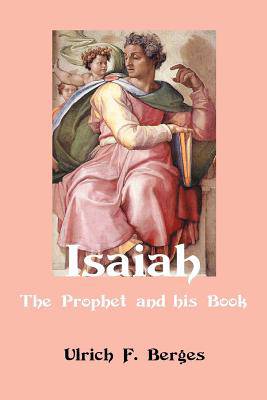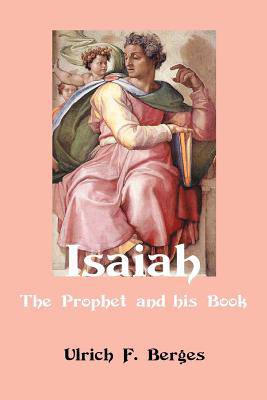
- Retrait gratuit dans votre magasin Club
- 7.000.000 titres dans notre catalogue
- Payer en toute sécurité
- Toujours un magasin près de chez vous
- Retrait gratuit dans votre magasin Club
- 7.000.000 titres dans notre catalogue
- Payer en toute sécurité
- Toujours un magasin près de chez vous
30,45 €
+ 60 points
Description
The book of Isaiah presents one of the most challenging pieces of literature in the Hebrew Bible. Over a period of some four hundred years (from the end of the eighth century down to the end of the fourth century BCE), the great prophet Isaiah and his disciples in the Assyrian period, as well as later scholars in Babylonian and Persian times, worked on this marvellous prophetic text. In its final form it resembles a mediaeval cathedral constructed by many gifted people across the centuries. Each piece has its own history, place and function in the whole structure. In this lucid study, Berges interprets the scroll of Isaiah as a 'literal cathedral', written by many hands and empowered by the experience of sorrow and disaster, liberation and joy. In the centre of the book (Isaiah 36-39) and of its theology stands the threat to Zion and the promise of its redemption. The nations that in the first part were taking action against God's city are invited to join the exiled and dispersed people of Israel as it travels home. The reader too is called to journey the same path and to join the congregation of Israel and the nations on their way to the New Jerusalem - not in heaven but on a renewed earth. Methodologically, the book combines synchronic and diachronic perspectives and paves the way to a fruitful conversation between them. The vast reception history of the Book of Isaiah in the Septuagint, the New Testament, and in rabbinic and Christian traditions, as well as in painting and music, is also illustrated by some of the most illuminating examples.
Spécifications
Parties prenantes
- Auteur(s) :
- Editeur:
Contenu
- Nombre de pages :
- 172
- Langue:
- Anglais
- Collection :
Caractéristiques
- EAN:
- 9781907534577
- Date de parution :
- 05-07-12
- Format:
- Livre broché
- Format numérique:
- Trade paperback (VS)
- Dimensions :
- 156 mm x 234 mm
- Poids :
- 249 g







